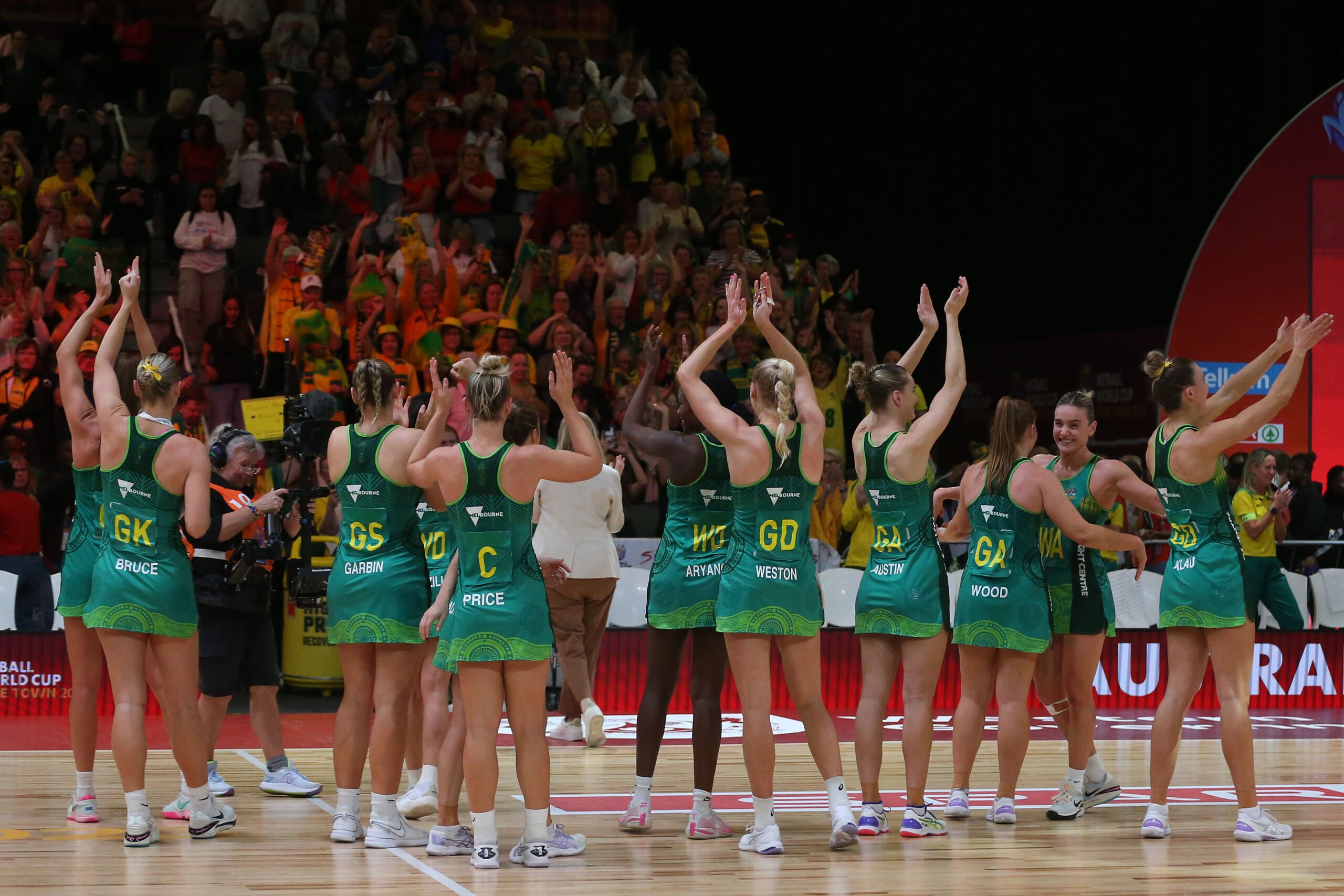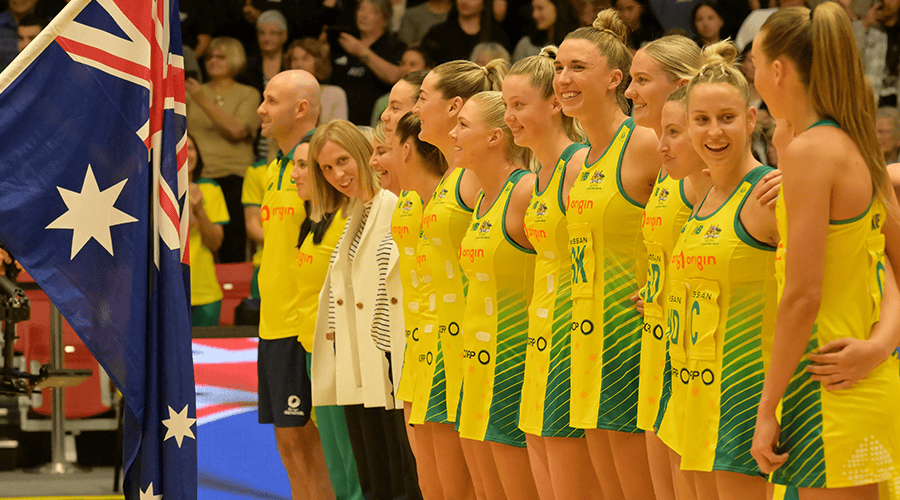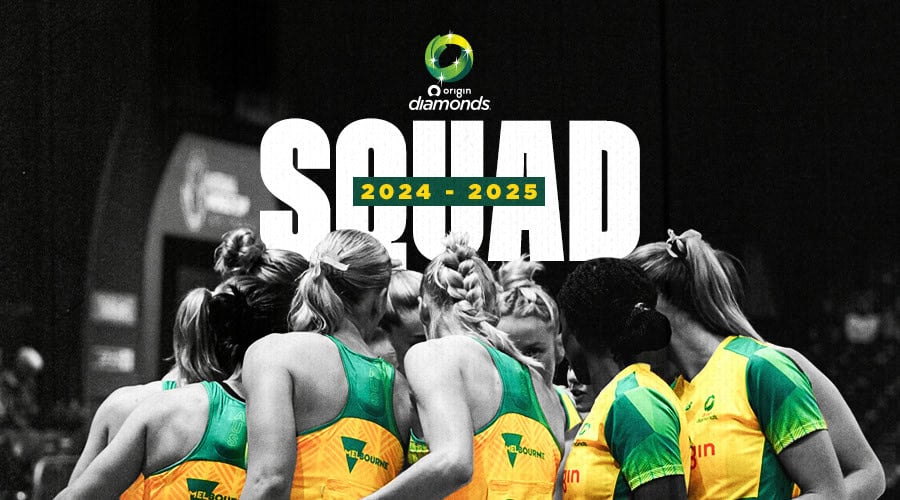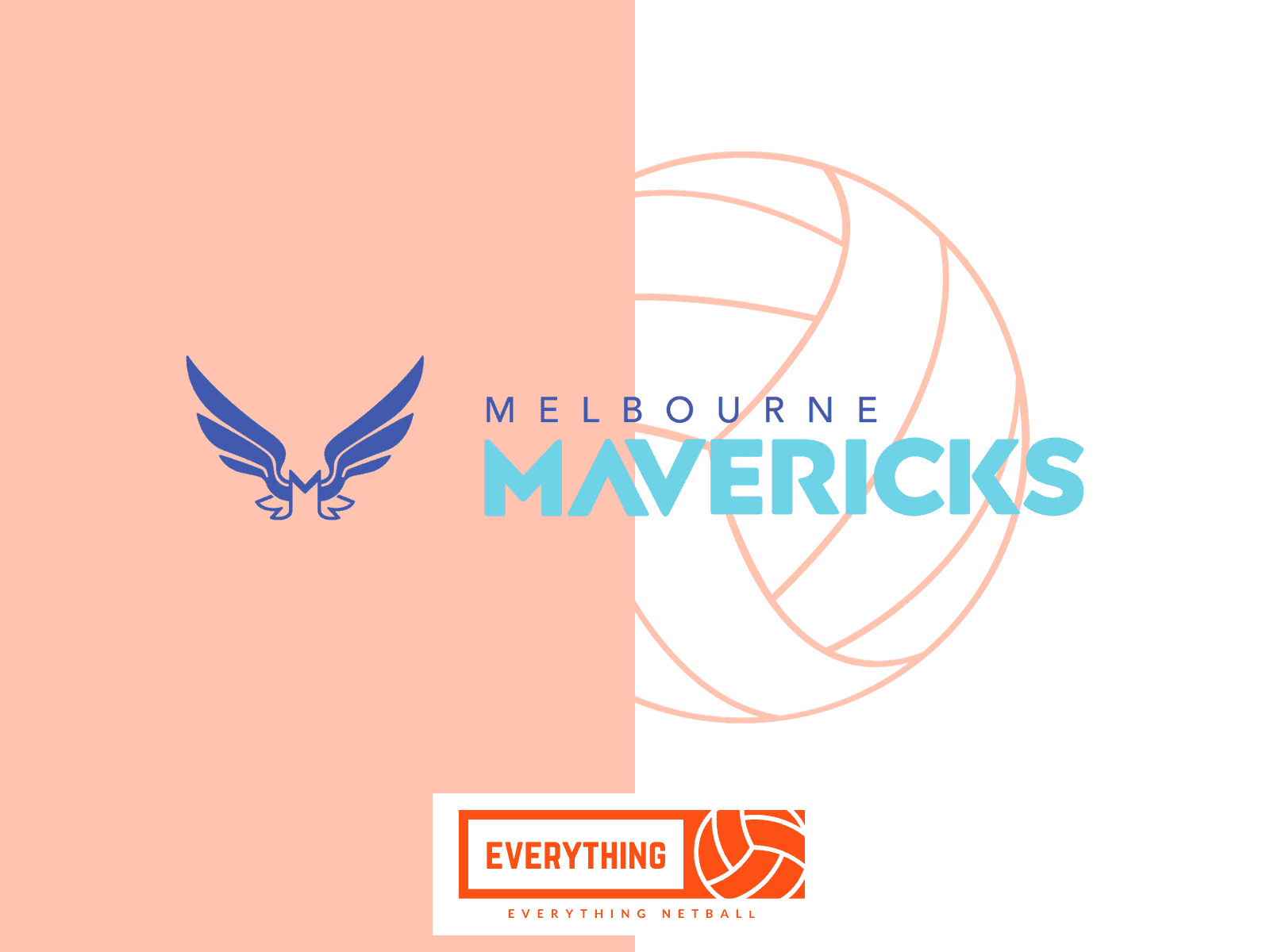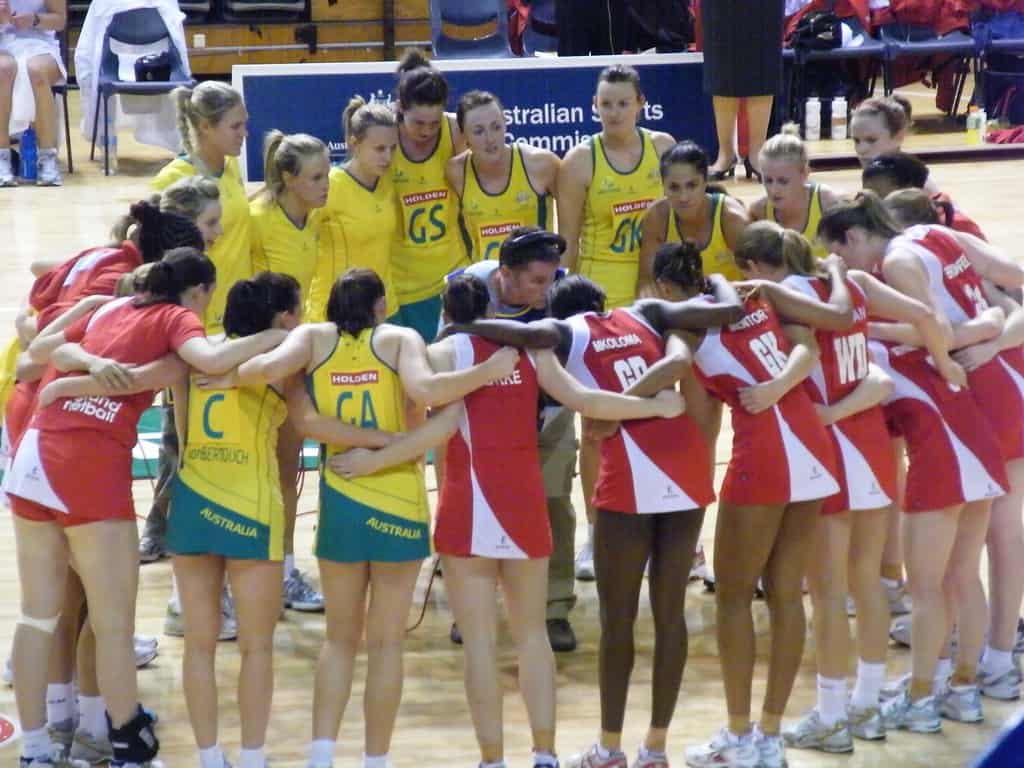Is netball a male or female sport? This question has sparked debates and discussions surrounding the gendered nature of sports.
Netball, a popular team sport primarily played by women, has been historically associated with femininity and female participation. In recent years, however, there has been a growing interest in challenging these gender norms and promoting inclusivity within the sport.
This article aims to explore the historical origins and development of netball, examine the gender stereotypes associated with the sport, and discuss the current trends in male participation.
Additionally, it will provide different perspectives on whether netball should be considered a gender-neutral sport. By analyzing these factors, this article seeks to contribute to the ongoing dialogue surrounding gender and sports, shedding light on the complexities of netball as a sport that transcends traditional notions of gender.
Historical Origins and Development of Netball
The historical origins and development of netball are rooted in the early 20th century, with the sport initially being played exclusively by women.
Netball originated in England in the late 19th century as a modified version of basketball, designed specifically for women. It was intended to provide women with a form of physical exercise that was suitable for their gender and social expectations at the time.
The sport gradually evolved and gained popularity, spreading to other countries such as Australia and New Zealand. Netball’s evolution involved the establishment of formal rules and regulations, as well as the formation of national and international governing bodies.
Over time, netball has become a widely recognized and respected sport, predominantly played by women but also gaining some male participation in recent years.
Gender Stereotypes and Netball
Gender stereotypes surrounding participation in a particular physical activity can evoke a range of emotional responses in individuals. Netball, traditionally seen as a female sport, has long been associated with gender stereotypes. The perception that netball is exclusively for females has created barriers for male participation in the sport. This stereotype reinforces the idea that certain sports are inherently masculine or feminine, perpetuating gender inequality in the sporting world. However, there has been a growing recognition of the need to challenge these stereotypes and promote gender equality in sports. Efforts have been made to encourage male participation in netball, such as the establishment of mixed-gender leagues and tournaments. These initiatives aim to break down gender barriers and promote inclusivity in sports, challenging the notion that netball is solely a female sport.
| Gender Stereotypes | Gender Equality |
|---|---|
| Exclusively for females | Promoting inclusivity |
| Reinforces gender inequality | Breaking down barriers |
| Perpetuates masculine/feminine sports | Challenging stereotypes |
Inclusion and Diversity in Netball
Inclusivity and diversity in participation is an essential aspect to be addressed in order to challenge traditional perceptions within a specific physical activity. Netball, traditionally seen as a female-dominated sport, is increasingly working towards creating an inclusive environment.
Inclusivity challenges arise in the form of breaking gender stereotypes and providing opportunities for individuals of all genders to participate. This involves challenging the notion that netball is exclusively for females and encouraging males to engage in the sport.
Moreover, representation in leadership roles is crucial for promoting inclusivity and diversity. By having diverse leadership teams, netball can ensure that decisions are made with a broad range of perspectives and experiences. This can lead to a more inclusive and welcoming environment for all participants, regardless of their gender.
Male Participation in Netball: Current Trends
Unprecedented growth in participation rates has resulted in a groundbreaking shift in the demographic makeup of individuals engaging in this physical activity. Male netball players have been increasingly participating in the sport, challenging the perception that netball is solely a female sport.
This rise in male participation can be attributed to several factors. Firstly, the recognition of netball as an inclusive sport has encouraged males to participate, breaking down gender barriers. Additionally, the establishment of male netball leagues and competitive tournaments has provided opportunities for male players to showcase their skills and compete at a high level.
Furthermore, the media coverage and promotion of male netball players as role models have helped to raise awareness and generate interest among males. Overall, the increasing male participation in netball signifies a positive shift towards inclusivity and diversity within the sport.
Perspectives on Netball as a Gender-Neutral Sport
A paradigm shift in societal perceptions has led to a broader understanding of netball as a gender-neutral sport, challenging the traditional notion of it being exclusively a female sport. This shift is reflected in the increasing recognition of netball as a mixed sport, with an emphasis on promoting gender equality in participation.
To appreciate the evolving landscape of netball, consider the following points:
-
Inclusive Policies: Netball governing bodies have implemented policies that encourage and facilitate male participation in the sport, promoting inclusivity and breaking down gender barriers.
-
Mixed Competitions: The rise of mixed netball competitions allows both males and females to compete together on equal footing, fostering camaraderie and skill development.
-
Male Role Models: The emergence of male netball players as role models has helped challenge stereotypes and inspire others to engage in the sport.
-
Changing Perceptions: The increasing acceptance of netball as a sport for all genders has resulted in a more diverse and inclusive netball community, fostering a sense of belonging and unity.
The recognition of netball as a gender-neutral sport highlights the progress made towards achieving gender equality in sports and provides opportunities for individuals of all genders to participate and excel in this dynamic and exciting game.
Conclusion
In conclusion, netball has its historical origins rooted in female participation and development. Despite gender stereotypes, netball has made strides towards inclusion and diversity, welcoming male participation as well.
The sport’s growing popularity among males challenges the perception of netball as exclusively female. Netball has become a gender-neutral sport that promotes equality and fair play.
As the saying goes, ‘Netball opens its arms to all, breaking down barriers and uniting players in a common love for the game.’


